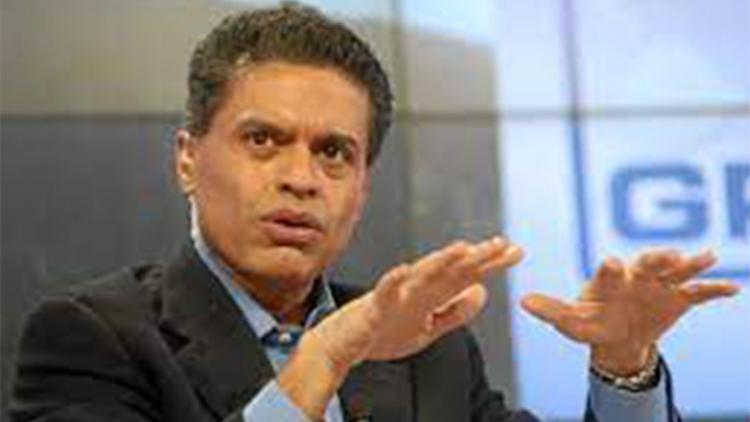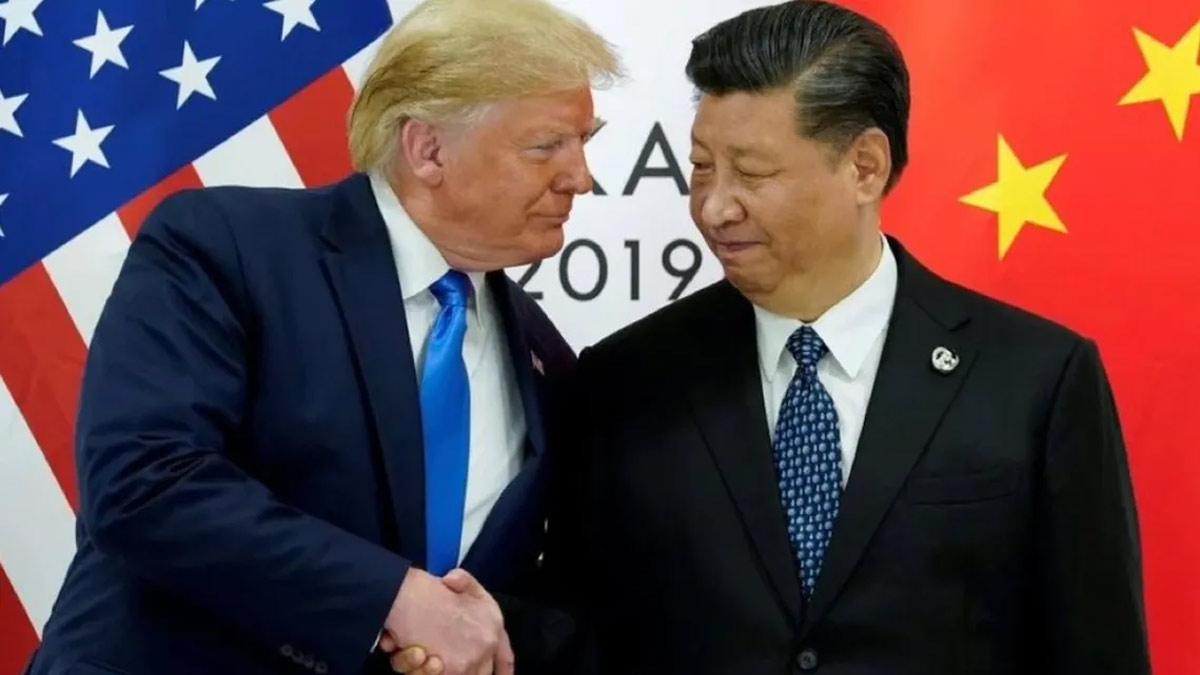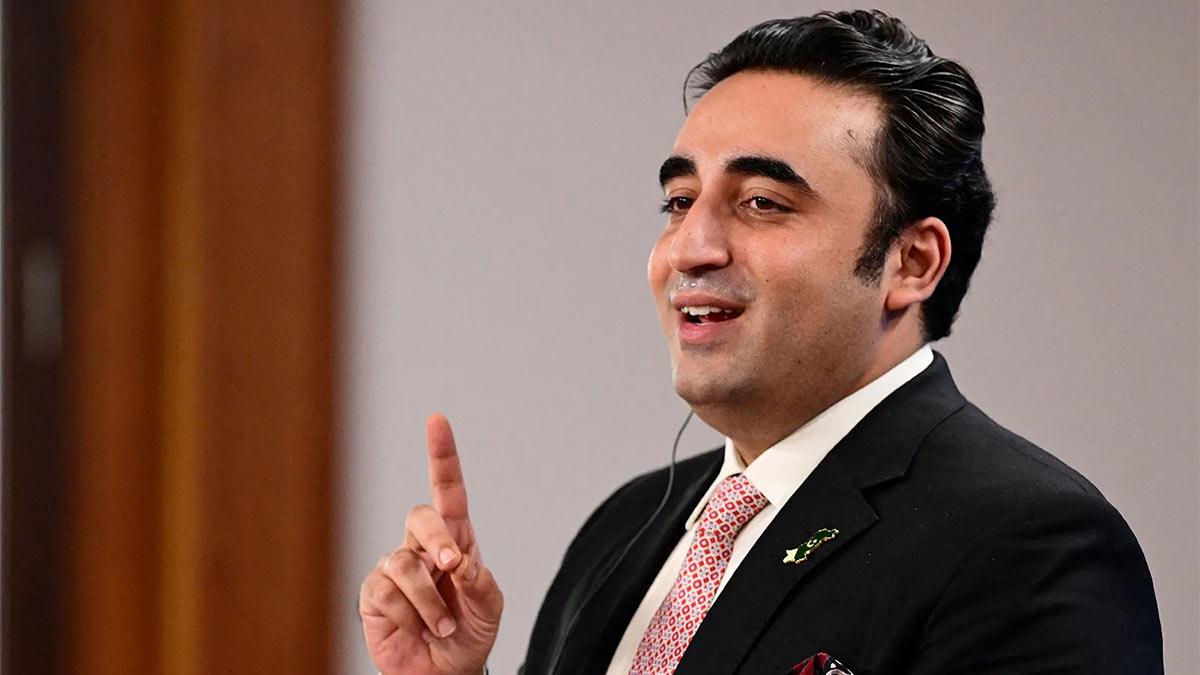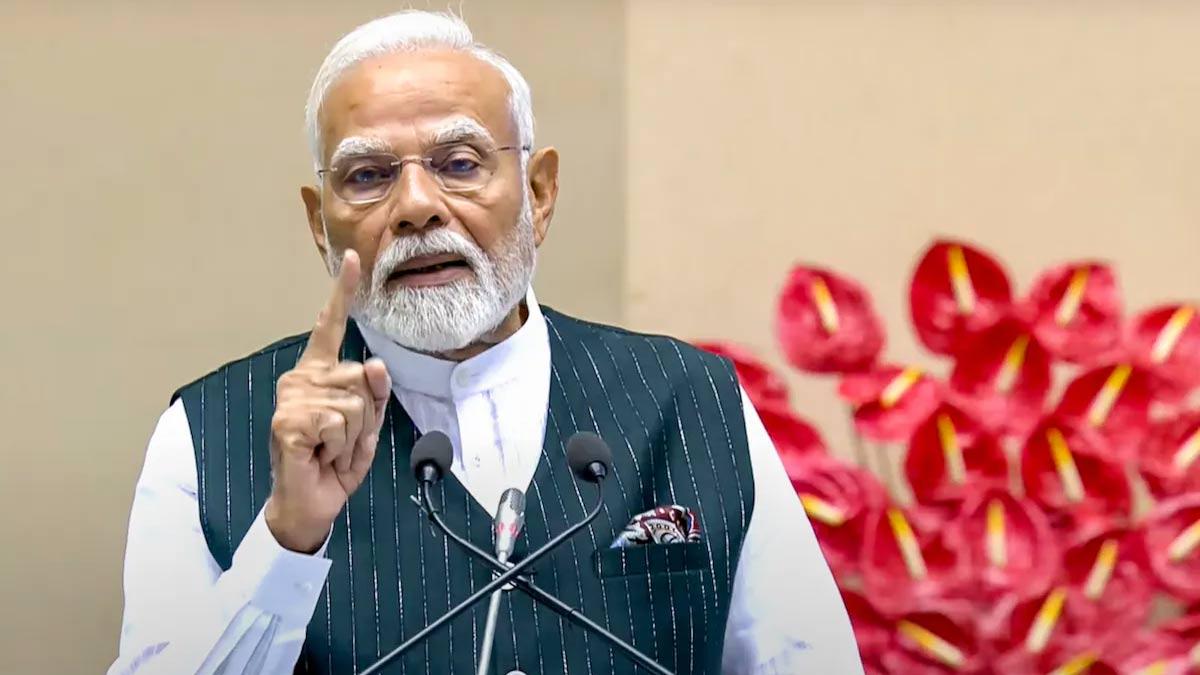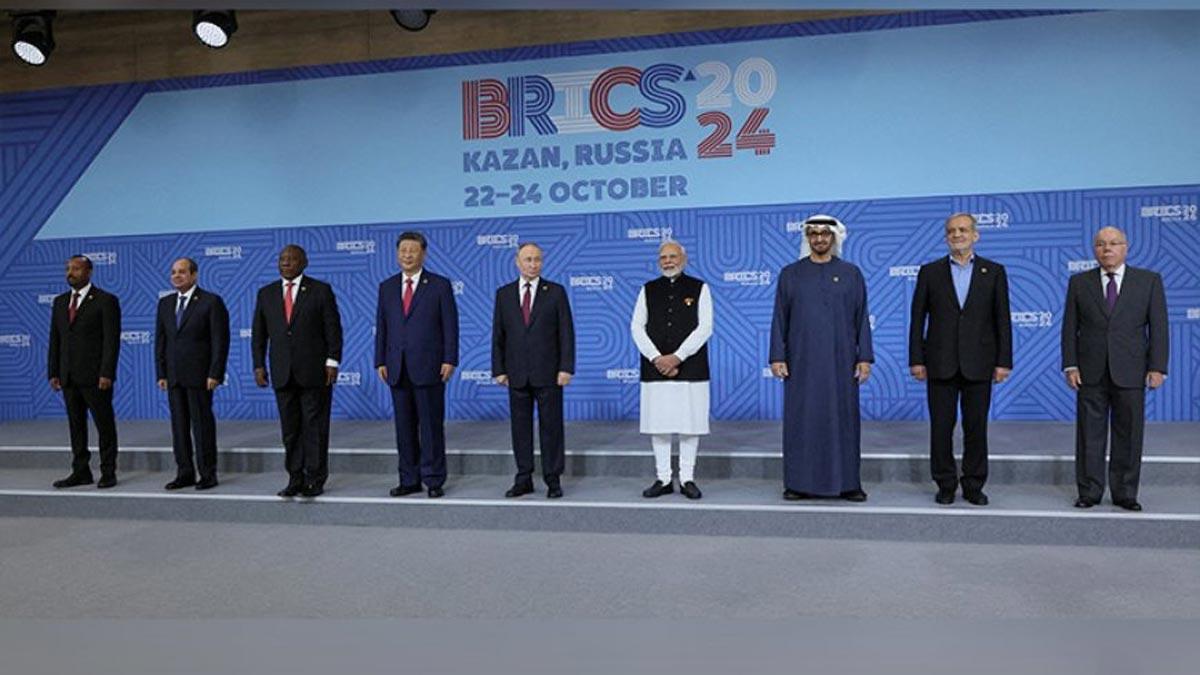Fareed Zakaria, an Indian-origin CNN journalist, urged top American universities to reclaim their focus on research and learning, moving away from their recent foray into politics. He highlighted a noticeable shift from being hubs of excellence to platforms advocating political agendas, particularly emphasizing diversity and inclusion over academic pursuits.
Zakaria's remarks followed a contentious testimony by Harvard, UPenn, and MIT presidents regarding concerns of anti-semitism on their campuses. He criticized these institutions for sidelining the fundamental principle of free expression while addressing offensive speech and harassment.
Amidst the Israel-Hamas conflict, campuses witnessed a surge in hate crimes, prompting inquiries into alleged anti-semitism and Islamophobia at Harvard and UPenn. Zakaria cautioned that unless these universities refocus on academic excellence, they risk being viewed solely as partisan entities, continually embroiled in political disputes.
Key Points:
1. Fareed Zakaria, a prominent Indian-origin journalist, has criticized top American universities for deviating from their core focus on excellence in research and learning and becoming centers pushing political agendas.
2. Zakaria, a CNN journalist and political commentator, emphasized that elite universities have shifted from being centers of excellence to institutions prioritizing various agendas, particularly those related to diversity and inclusion.
3. The critique follows a congressional hearing where the presidents of Harvard University, the University of Pennsylvania (UPenn), and the Massachusetts Institute of Technology (MIT) faced criticism for their response to concerns about anti-Semitism on their campuses.
4. Zakaria noted that the politicization of universities over decades has compromised their ability to prioritize free expression of ideas, leading to difficulties in addressing issues like offensive speech.
5. During the hearing, the university presidents faced challenges in clearly articulating the importance of free expression while condemning harassment and intimidation, reflecting the ongoing struggles within academic institutions.
6. Hate crimes on campuses, particularly related to the Israel-Hamas conflict, have risen, prompting investigations by the Department of Education's Office for Civil Rights into alleged complaints of anti-Semitism and Islamophobia at Harvard and UPenn.
7. The university presidents' commitment to both condemning anti-Semitic language and upholding free speech was met with criticism, resulting in a social media backlash and calls for their dismissal from nearly 72 lawmakers.
8. Zakaria argued that top American colleges, having lost their image as bastions of excellence, will continue facing political controversies as they align with partisan interests.
9. The criticism highlights the challenges universities face in balancing diverse agendas while maintaining a commitment to academic excellence and free expression.
10. The broader issue underscores the ongoing debate about the role of universities in shaping political discourse and the potential consequences of departing from their primary mission of scholarly pursuits.
(With Agency Inputs)
ALSO READ | Arrest Made in Threat Against Ramaswamy, Republican Presidential Nominee Candidate
ALSO READ | Trump Secures Unprecedented Lead Over Competitors in Iowa

